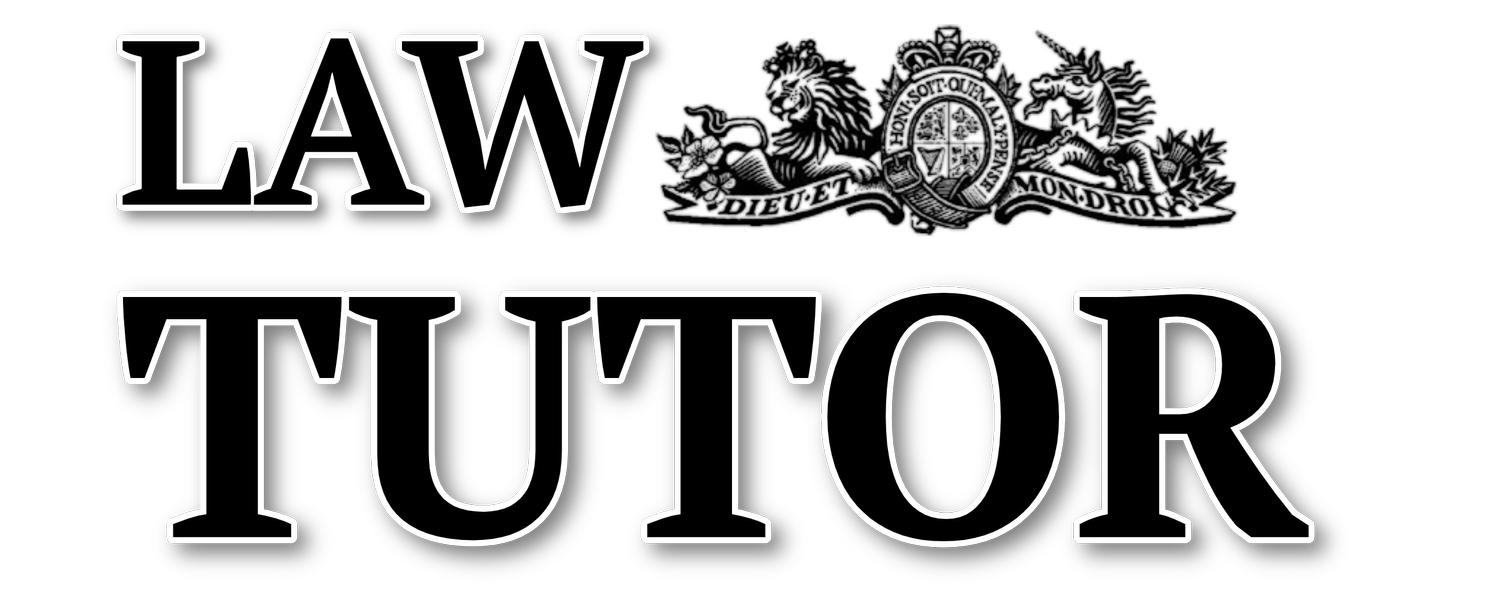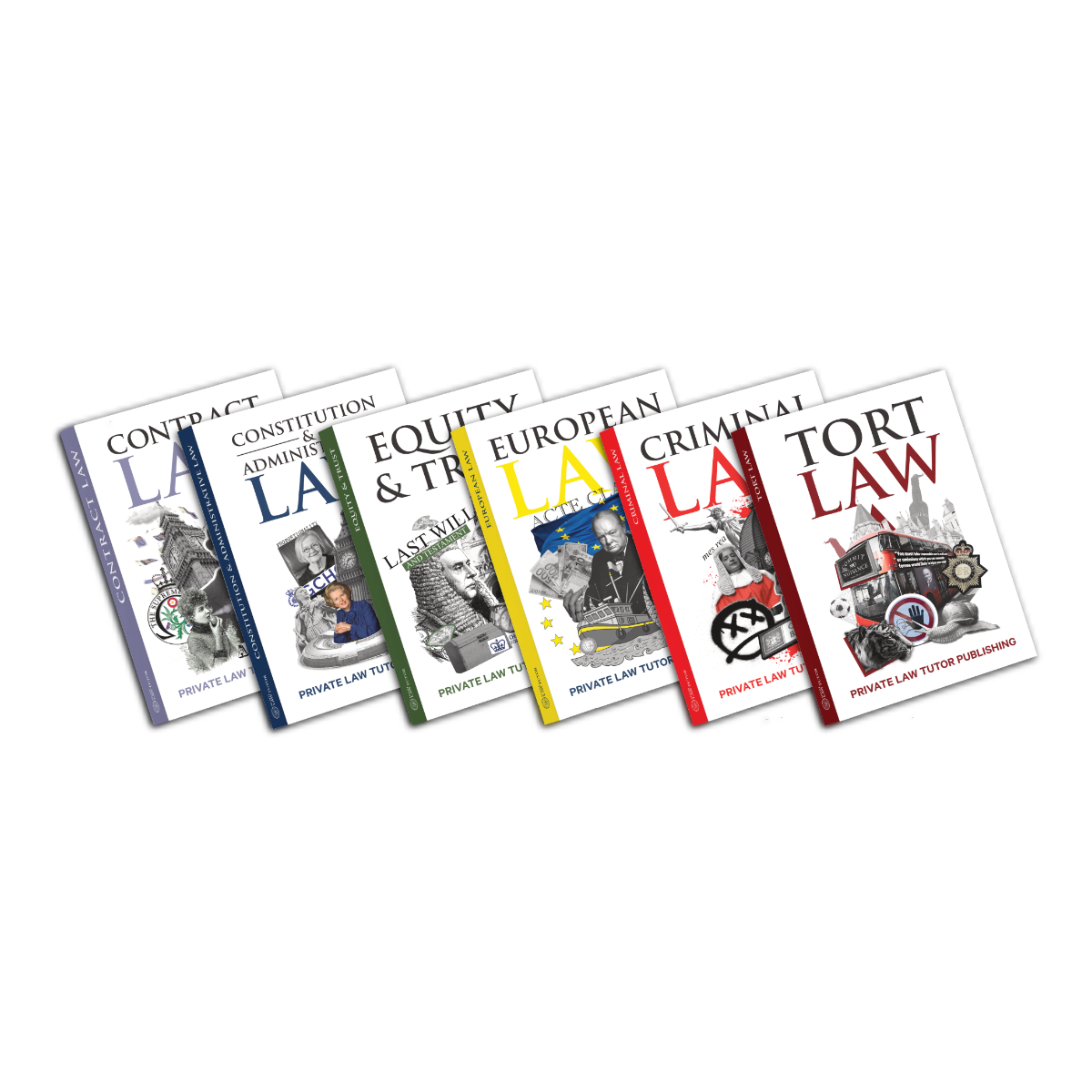Distinguished
Distinguished meaning
This occurs when the court distinguished that the essential circumstances of the current case are distinct from those of the preceding case and, as a result, the precedent does not apply to the current case. In circumstances when the facts seem to be the same, but the court chooses to break from precedent, distinguishing has been employed. As such, distinguishing is a powerful tool that the courts possess.
How Cases Are Distinguished?
The judge has enormous authority in the court system, influencing the result of a case. One of the most important tools they have is the capacity to define precedent in the most specific terms. This permits the judge to narrow the scope of a previous case and maybe avoid applying it to the present case. They may also claim that the previous case's principles or policy judgments do not apply owing to differences in circumstances. Furthermore, judges might argue that a previous case was wrong and should be overturned. Finally, judges might state that a previous judgement was overturned by legislation or by a higher court. In order to reach equitable and fair decisions, judges must carefully study precedent and its applications.
Methods of Distinguishing
In legal discourse, distinguishing refers to the process of differentiating a present case from an earlier authority to determine whether the rule established in the previous case applies to the current one.
Restrictive distinguishing occurs when the court identifies a material difference between the earlier authority and the current case such that applying the previous rule would lead to an unacceptable result.
Non-restrictive distinguishing occurs when the court recognises a difference between the two cases, but does not materially affect the scope of the previous rule.
In both cases, distinguishing plays a vital role in shaping the law's application and development by allowing judges to consider relevant facts and circumstances in each case and apply them accordingly.
Law Books
Law Tutor's books are a comprehensive collection of law notes that have been tailored to meet the requirements of the SQE assessment specification, the CILEX qualification framework, and the LLB programme at the University of London. These books have been published by an individual who has both taught and practised law as a barrister. The law textbooks, on the other hand, are beneficial to anybody who is enrolled in a law programme at any institution or who is preparing to take the LLB, SQE, CILEX, PGDL, GDL, or UOL law examinations.


